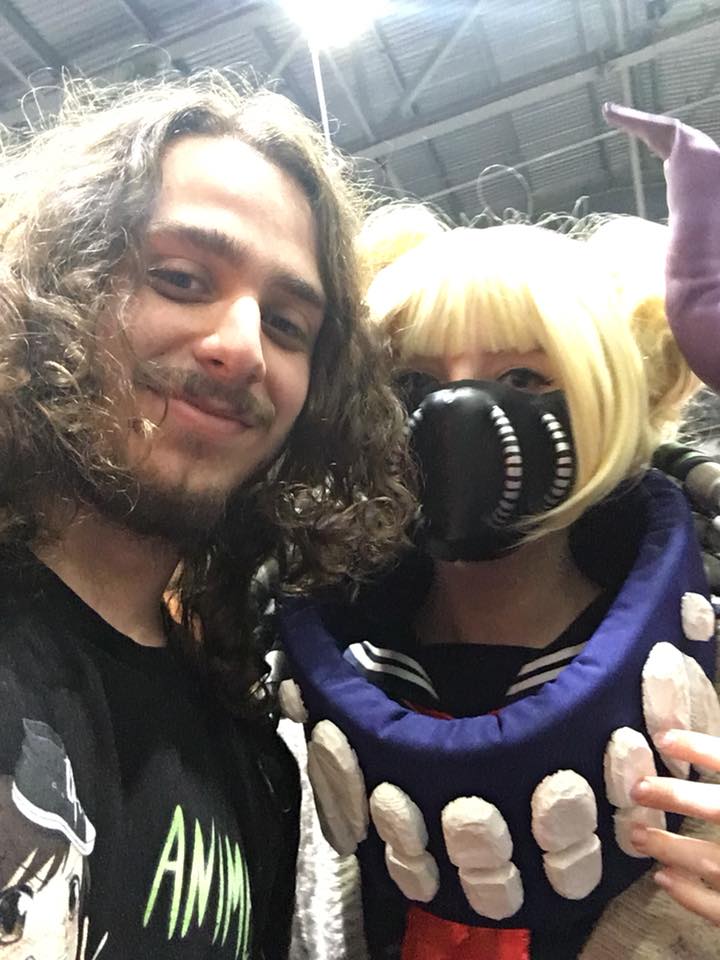My name is Gonçalo Santos, I graduated from TIS in 2016 and I am currently in my third and final year of game development at Anglia Ruskin University in Cambridge, UK. I chose to take this course because I’ve had a passion for video games and how they are made for as long as I can remember, from playing educational games on the family computer running Windows 95 when I was two years old to currently playing challenging games such as the Yakuza series on the PlayStation 4.
My knowledge on how to develop games was limited prior to this. I had a bit of coding experience from using Arduino in Mr. Voykin’s robotics class, and had also previously experimented with level editors in games and knew that different game engines existed, but I never truly grasped how to work with them. I was worried that my lack of experience but my worries soon vanished after being assured that the course is conducted under the assumption that most students have little to no experience in game development and that the lecturers are always happy to help students succeed.
The course started out with simple projects that introduced us to coding using C# in Visual Studio and designing our games in Unity. Back then, we were restricted to recreating arcade classics like Frogger and Space Invaders. It was around the same time, I attended my first ComicCon in London and had a great time witnessing the cosplay and RoosterTeeth’s panels. I even got to play Dragon Ball FighterZ and My Hero: One’s Justice ahead of its release in other ComicCon exhibitions.
In the second year, a group of friends and I took upon the opportunity to work with students from the art course to develop and pitch an original racing game to professional developers from Codemasters. While the development of our game Project Rush was rocky, it was still enlightening as it gave my group first hand experience on what it’s like to work with a bigger team of developers, as well as coordinating deadlines for each one of us to contribute specific game elements in order to maximize efficiency in the development process.
Now in my third year, I have complete creative control over what games I wish to develop. In the first semester I created two games, a hide and seek game where the player is the seeker, and the hiders are controlled by an artificial intelligence system I coded, and a boxing game designed to be played on a Dance Dance Revolution mat inspired by the NES game Punch-Out. For my final projects, I plan on creating an action stealth game inspired by Metal Gear Solid and Gunpoint, and a puzzle game inspired by the Saw movies. These are going to be my biggest games yet and I’m excited to see how they turn out. After I finish the course, I plan on staying in the UK to work at a game studio, and perhaps even developing indie games in my spare time.

If any TIS students are considering taking on a game development course, I would recommend looking up tutorials for making games in Unity by Brackeys on YouTube.